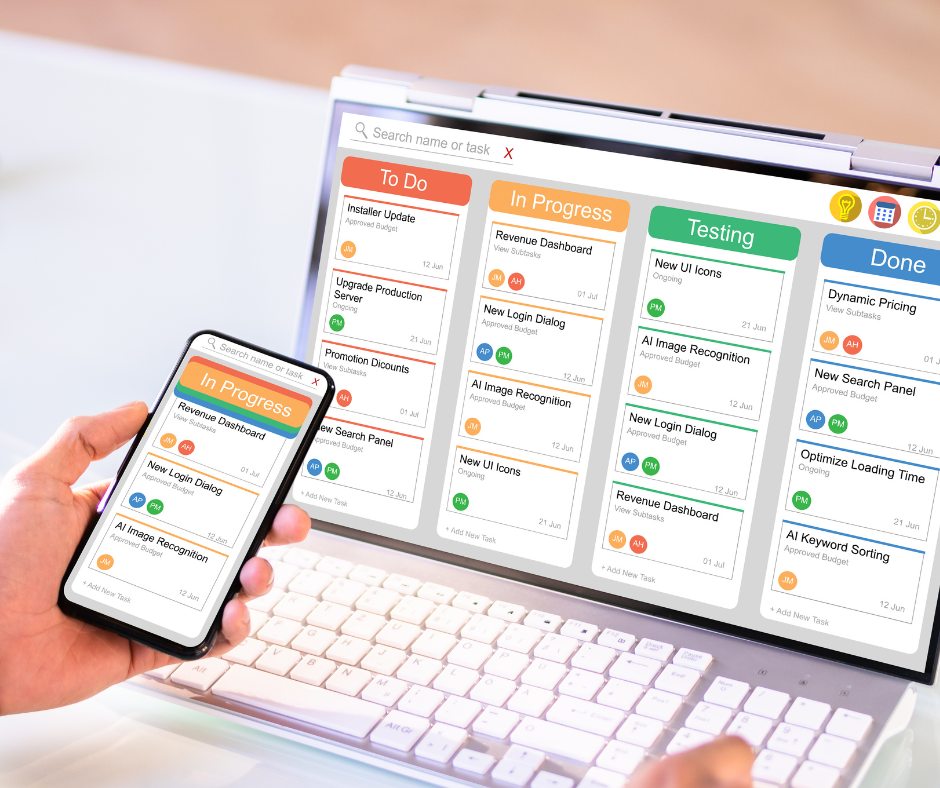Scheduling Tools in the Workflow of Software Development Teams
Appointment and scheduling software helps development teams coordinate meetings, track tasks, and manage project timelines. This article explores how such tools support programmer efficiency and structured workflows, enhancing overall team collaboration.

What Features of Scheduling Tools Best Support Development Teams?
Modern scheduling tools designed for development teams offer specialized features that address the unique challenges of software projects. Core functionalities include calendar synchronization across multiple platforms, resource allocation tracking, and sprint planning integration. These tools typically provide customizable booking windows that allow stakeholders to schedule code reviews, stand-up meetings, and client demonstrations without disrupting focused development time.
Advanced features often include conflict detection, which prevents double-booking of critical team members, and capacity planning tools that help managers distribute workload evenly. Many solutions also offer recurring meeting templates specifically designed for agile methodologies, making it easier to maintain consistent communication patterns throughout development cycles.
How Do Automated Reminders Reduce Missed Deadlines?
Automated reminder systems significantly improve deadline adherence by providing timely notifications across multiple channels. These systems can send alerts via email, SMS, desktop notifications, or integrated chat platforms like Slack or Microsoft Teams. Development teams benefit from customizable reminder schedules that can escalate notifications as deadlines approach, ensuring that critical tasks receive appropriate attention.
Smart reminder features can differentiate between various types of deadlines, such as code freeze dates, testing milestones, or client delivery commitments. This intelligent categorization allows team members to prioritize their responses appropriately. Additionally, automated reminders can include relevant context about upcoming tasks, such as linked documentation, assigned team members, or prerequisite deliverables, reducing the time needed to understand what action is required.
How Does Integration with Project Management Platforms Enhance Workflow?
Seamless integration with popular project management platforms creates a unified workflow that eliminates data silos and reduces administrative overhead. Most scheduling tools can connect with platforms like Jira, Asana, Trello, or Monday.com, automatically pulling task information and deadline data to create comprehensive scheduling views.
This integration enables automatic calendar creation based on sprint planning, where development tasks are converted into time-blocked calendar entries. Team members can view their coding assignments alongside meetings and collaborative sessions, providing a complete picture of their daily responsibilities. Real-time synchronization ensures that changes in project timelines immediately reflect in individual schedules, helping teams adapt quickly to shifting priorities or scope changes.
What Role Do These Tools Play in Client Communication and Deliverable Tracking?
Scheduling tools serve as crucial bridges between development teams and clients by providing transparent visibility into project progress and upcoming deliverables. Client-facing dashboards can display scheduled milestones, demo sessions, and feedback collection periods, helping manage expectations and reduce communication friction.
These platforms often include automated status updates that inform clients about completed deliverables and upcoming review sessions. By centralizing communication around scheduled events, teams can maintain professional client relationships while protecting development time from constant interruptions. Many tools also provide secure client portals where stakeholders can schedule their own review sessions within predefined availability windows.
What Customization Options Address Technical Team Needs?
Development teams benefit from highly customizable scheduling solutions that can adapt to various methodologies and team structures. Popular customization options include custom fields for tracking technical requirements, integration points for development tools, and specialized booking types for different phases of the development process.
Teams can create custom workflows that automatically trigger scheduling actions based on code repository events, such as pull request approvals or build completions. Advanced customization might include API access for creating bespoke integrations with internal tools or specialized reporting dashboards that track scheduling metrics alongside development KPIs.
Popular scheduling software solutions for development teams vary in pricing and features, making it important to compare options based on team size and requirements.
| Product Name | Provider | Key Features | Monthly Cost Estimation |
|---|---|---|---|
| Calendly | Calendly | Team scheduling, integrations, analytics | $8-16 per user |
| Acuity Scheduling | Squarespace | Advanced customization, client management | $14-45 per user |
| Microsoft Bookings | Microsoft | Office 365 integration, team coordination | $6-22 per user |
| YouCanBookMe | YCBM | Developer-friendly API, custom integrations | $10-24 per user |
Prices, rates, or cost estimates mentioned in this article are based on the latest available information but may change over time. Independent research is advised before making financial decisions.
Conclusion
Scheduling tools have evolved from simple calendar applications into sophisticated workflow management systems that address the complex coordination needs of software development teams. By incorporating automated reminders, seamless integrations, and customizable features, these platforms help development teams maintain productivity while ensuring consistent communication with clients and stakeholders. The investment in appropriate scheduling software typically pays dividends through improved deadline adherence, reduced meeting conflicts, and more efficient resource allocation across development projects.




